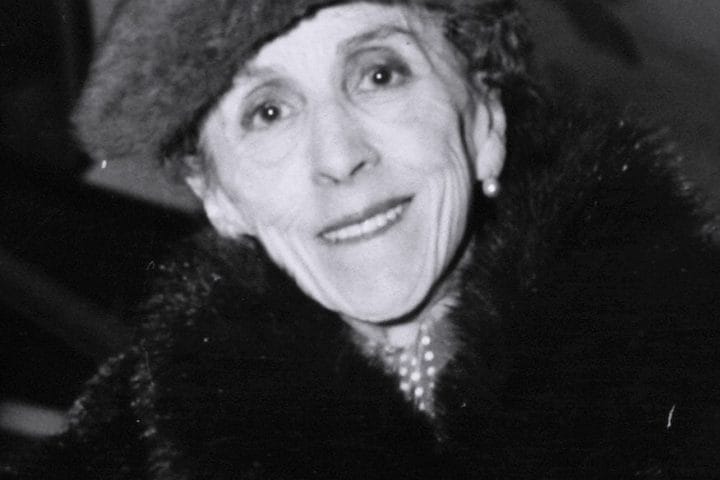Pascal Quignard is a French author, known for his versatile writing style and his extensive knowledge of philosophy, music, and art. Born in Verneuil-sur-Avre in 1948, Quignard initially pursued a career in music, studying composition and cello at the Paris Conservatory. Later, he turned to writing and published his first book, “Alexandre le Grand,” in 1976. Since then, he has authored over forty books, including novels, essays, and translations from ancient Greek and Latin literature.
Quignard’s writing is characterized by its intellectual depth and breadth. He draws inspiration from a wide range of sources, from classical mythology to modern psychoanalysis. His narrative style is often nonlinear and fragmented, interspersing autobiographical elements with historical and literary references. Perhaps one of his most notable works in this regard is “The Roving Shadows,” a collection of meditations on love, death, and art that blend personal experiences with literary allusions.
Alongside his literary output, Quignard is also known for his involvement with the arts, particularly music. He has written librettos for operas, such as “Blackboard,” composed by Gerard Pesson, and “Tristan and Isolde,” created in collaboration with conductor Marc Minkowski. He has also written extensively about the power of music and sound in his essays, exploring its ability to evoke emotions and transcend language.
Another notable aspect of Quignard’s writing is his interest in sexuality and the body. He often explores the taboo aspects of sexuality and the human form, challenging societal norms and expectations. His works in this vein include “Sex and Terror” and “All the World’s Mornings,” both of which tackle themes of desire and mortality.
Overall, Quignard’s writing is characterized by its intellectual depth, versatility, and ability to challenge the reader. Whether exploring complex philosophical concepts or examining the human body’s darker aspects, his works are always thought-provoking and emotive. His contributions to literature and the arts have made him one of France’s most prominent contemporary thinkers, whose influence extends far beyond the world of letters.









